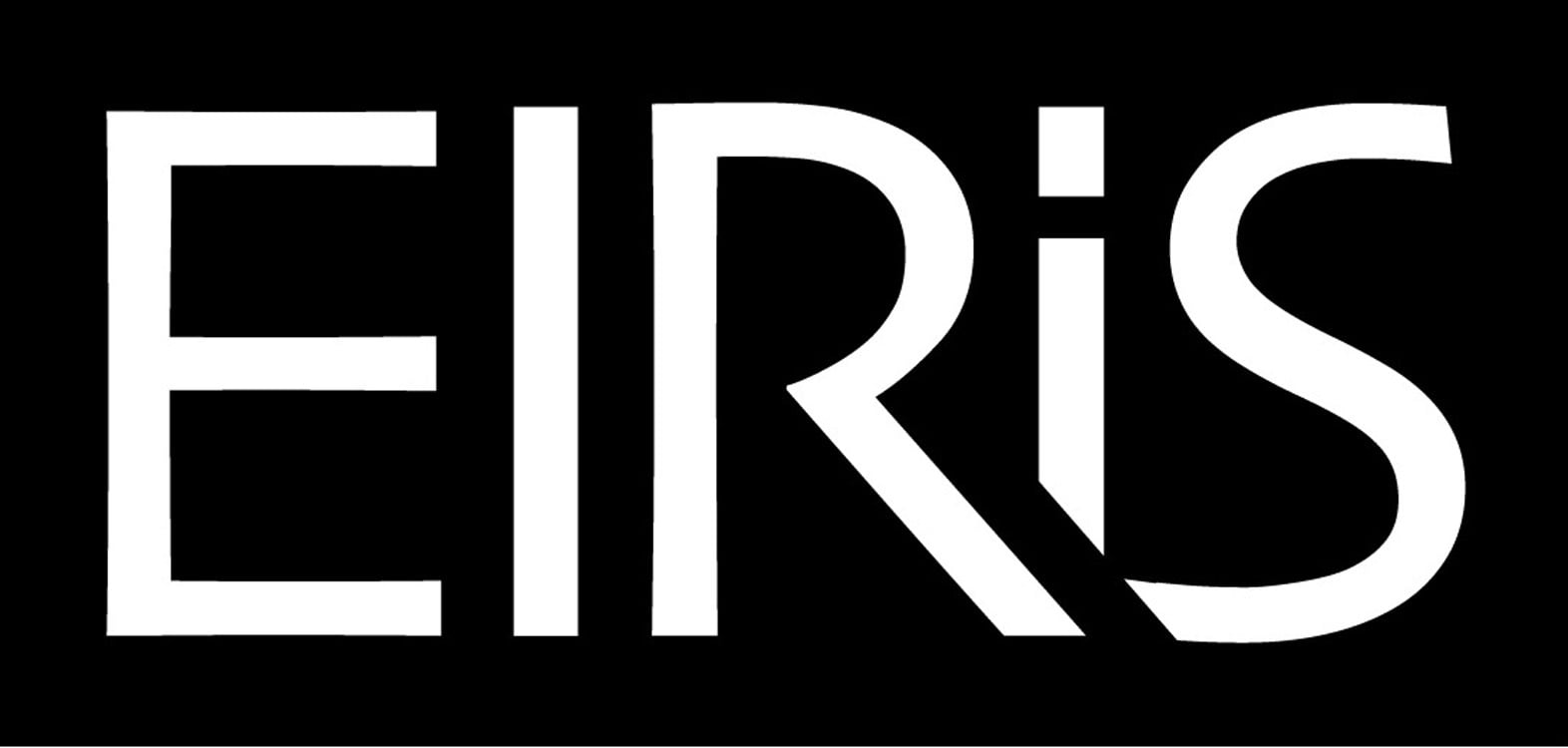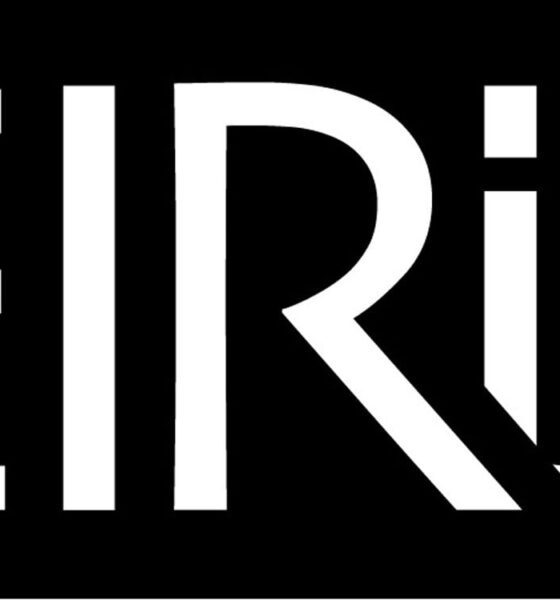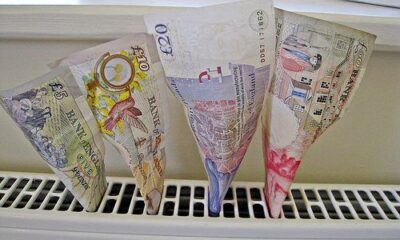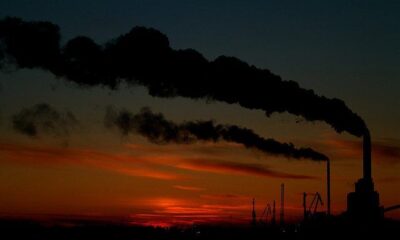

News
Apple bombs in new EIRIS sustainability ratings report
EIRIS tackles the big question: “Are we on track for Rio+20?” in its latest sustainability report, and discovers that the UK and continental Europe are trumping US and Asian counterparts.
Global responsible investment research firm EIRIS released a new report today that ranks a number of large companies on sustainability performance. It follows EIRIS’s launch of a new system to measure sustainability performance in March.
Puma, the German sportswear manufacturer, came out number one despite operating in a high risk sector as far as human-rights are concerned. Puma’s strong environment record and improvements in supply chain labour standards cemented its position as leader. The sportswear industry has suffered a number of blows to its sustainability credentials over the last few decades, so the positive news provided by Puma will be welcome.
The National Australia Bank (NAB) grabbed the bronze prize for its training of Clydesdale and Yorkshire banks staff to identify environmental and social risks. Though given its announcement today that it will cut 1,400 jobs at those very same banks by 2015, we just hope the staff uses that training in their next position.
So how did the UK do? 20% of UK companies scored an “A”—the highest grade of five. Mainland Europe faired a little worse at 12%. But, somewhat surprisingly, US and Asian companies only achieved 2% and 1%, respectively; plenty of room for improvement in those regions ahead of Rio+20.
Mark Robertson, report author and head of communications at EIRIS said, “Big differences in corporate sustainability performance exist at the global and regional level. Tighter sustainability legislation in Europe and more public awareness contributes to this difference.
“Given these differences it is vital that investors use their influence as shareholders to drive improvements in sustainability performance.”
Indeed, Mark Robertson featured in Blue & Green Tomorrow’s Guide to Sustainable Investment and told us, “The reasons for moving the market are becoming ever clearer—the financial crisis, the Rio+20 summit, the UN PRI, growing customer interest in finance… And behind those are the sustainability mega trends of climate change, resource scarcity—all the big issues that are coming our way”.
It’s clear that some companies are taking sustainability very seriously. So, without further ado, here is the top 10 Global Sustainability Leaders as per the report:
1: Puma despite operating in a sector at high risk for human-rights abuses, Puma has a strong environment record and demonstrates improvements in supply chain labour standards.
2: FirstGroup derives more than 90 per cent of sales from rail and bus services and the company has made major improvements in reducing its environmental impacts.
3: National Australia Bank Owner of Clydesdale and Yorkshire banks trains staff to understand and identify environmental and social risks when doing business.
4: GlaxoSmithKline scores well across the board, demonstrating particular strengths in providing drugs cheaply to developing countries.
5: Roche, the Swiss pharmaceutical company has a strong equal-opportunities policy and operates an advanced code of ethics with strong anti-bribery rules.
6: Novartis, another Swiss pharmaceutical company, has strong environmental reporting and a good anti-bribery programme.
7: Philips Electronics, the Dutch electronics company, has made significant progress on environmental issues, particularly through increasing the energy-efficiency of its products.
8: Deutsche Börse, the German stock exchange, scores highly for its strong practices in relation to environmental issues, corporate governance and stakeholder engagement.
9: Novo Nordisk, the Danish pharmaceutical company, has reduced its water use and its all-round environmental, social and governance record is strong.
10: Go-Ahead Group, the UK bus and train company, has a strong record on the environment.
Sadly, it’s not all good news; a number of high profile companies suffered at the hands of EIRIS’ A–E rating system.
Apple, which was recently in the news for its perceived lack of interest in renewable energy, only earned itself a “D”, mainly for failures in addressing supply-chain risks.
Oil and gas companies ExxonMobil, ConocoPhillips and Occidental Petroleum all received the lowest ranking of “E” for perhaps obvious reasons.
The research also painted a poor picture of the FTSE all-world developed large-cap index, with only 5% at grade A, 14% at grade B, pushing the weighting very much to the lower end of the scale with 41% at either D or E grade.
After praising those companies addressing sustainability issues with verve, Carlota Garcia-Manas, Head of Research at EIRIS said, “…it’s clear that companies need to do much more if they are to meet the concerns of their stakeholders and investors whilst managing the impacts of their businesses upon society and the environment in a sustainable way, both now and in the future”.
Echoing the words of Mark Robertson, it is crucial that investors engage on issues of sustainability. Beyond the moral implications of considering the planet and its people, investors are fast realising the serious financial implications of those companies that fail to tackle global sustainability mega trends head on.
Ask your IFA how you can get involved, or fill in our online form and we’ll connect you to an independent specialist.
Further reading:


 Features9 months ago
Features9 months agoWhat is the Eco-Friendliest Option to Wash Your Dishes?

 Environment12 months ago
Environment12 months agoBuilding a Career in Green Construction: Tips and Insights

 News11 months ago
News11 months ago5 Ways Fleet Maintenance Software Can Help Businesses Be More Eco-Friendly

 Features10 months ago
Features10 months agoAddressing Pressing Ethical Concerns with Crypto Exchanges





























